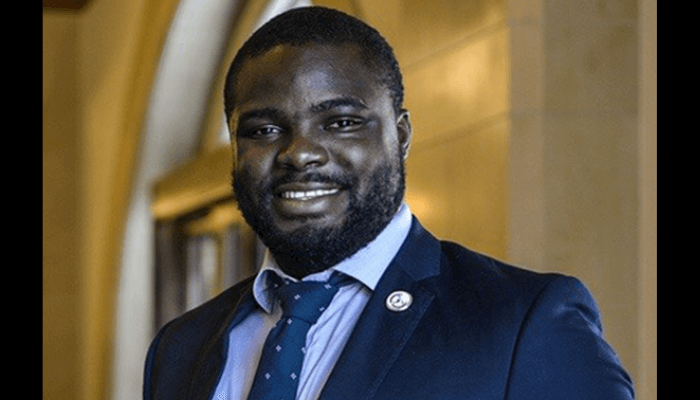Iyin Aboyeji, Founder of Future Africa, has shared three ways early-stage founders can build credibility with investors in the tech ecosystem.
Speaking at a Fireside chat at the Ibadan Startup Fest, he shared that it takes a great reputation, a launched product and participation in the ecosystem to build credibility with investors in the tech ecosystem.
Building credibility is one of the most critical challenges early-stage founders face when seeking investment. Aboyeji spoke on the importance of reputation, noting that investment decisions are often based on trust rather than rigid criteria.
“We talk to everyone who knows you, your former boss, friends, and enemies. Your reputation in the ecosystem precedes you,” he said.
He also warned against behaviours that could damage a founder’s standing. “If you’re the kind of person who works four jobs and you come to me for investment, I’ll hear about it from someone in the ecosystem. If you don’t do your best or have a history of dishonesty, it becomes a risk factor, and we won’t move forward.”
Read also: African agrotech startups raised $1.56bn in one decade — Briter Bridges
Aboyeji stressed that founders must manage their perceptions and ensure their actions align with the values they want to project.
Secondly, for Aboyeji, the act of launching separates an idea from a startup. “The barrier to launching is purely psychological,” he remarked.
He advised founders not to wait for perfect conditions before putting their ideas into the market.
“When startups come to me and say, ‘I need investment to launch,’ I tell them, ‘No, just launch. No matter how bad or crude, just get started.’”
He highlighted the abundance of no-code tools as a reason founders have fewer excuses not to start. “If you figure out how to launch, I believe you have a business, and then the conversation can begin,” he said.
The third strategy Aboyeji outlined is for founders to contribute to the startup ecosystem actively.
“When we see people giving back to the ecosystem, whether by mentoring others, sharing resources, or leading initiatives, it shows us their ability to lead beyond just their startup,” he explained.
He noted that founders who engage with their peers and the ecosystem often attract top talent and gain a reputation for leadership.
“Leadership isn’t about calling yourself a CEO. It’s about how you work with your peers and contribute to the ecosystem. These are the founders who tend to succeed,” he said.
During the chat, Future Africa’s founder noted the importance of fostering healthier relationships between founders and investors, likening the relationship to a marriage.
“Whether you like it or not, you’re tied to each other for a long time, sometimes 10 years or more,” he said. He encouraged founders to see investors as more than just sources of funding.
“Money is just one part of the relationship,” he noted. “A good investor brings mentorship, networks, and support. But the relationship should always focus on what truly matters, the business.”
He advised early-stage founders that trust is earned through consistent actions, a willingness to lead, and a proactive approach to execution.
“At the end of the day, it’s not just about the money. It is about building something meaningful together,” he added.
